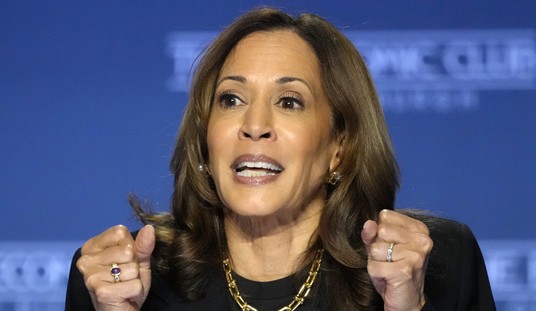Now is the time when we juxtapose, Small Dead Animals-style:
The Berkeley- and Princeton-educated professor, for example, turned grammar lessons on the intricacies of the German language into claims that universal healthcare, or “allgemeine Gesundheitsversorgung” (a phrase Benjamin took many opportunities to write on the board), as the savior of the American public. According to the professor, Obamacare will insure and take care of the poor, viewed by Benjamin as a group of people utterly neglected in America.
One day, when he was in one of his particularly brazen and jaded moods, Benjamin went so far as to have students raise their hands if they planned on signing up for the exchange – adding that students’ answers will not impact their grades.
When the room was left with idle, stationary hands, Benjamin appeared shocked and a bit speechless. He told us: “You might want to take a little longer and examine the great benefits of Obamacare before you make decisions. That’s all I have to say.”
When our instructor wasn’t writing out unnecessarily long German words on the blackboard, or taking an unorthodox classroom survey, he espoused his views on Europe’s “superior” healthcare system, saying it’s fantastic because it’s “free.”
Benjamin went on to explain that once the “few errors” are worked out with the healthcare.gov website, Obamacare should be a well-oiled, beneficial machine.
Lest you think he made such remarks with a smirk, be assured – all of his lines were delivered with a hawkish seriousness. Sometimes in English, often in German – always deadpan.
— “My German Professor Made Verbal Love To Obamacare,” Emma Colton, the College Fix, Tuesday.
Simply put, the digitization of social interaction, economic transaction, the political process and everything in between is decentralizing the world, moving it in the opposite direction of the massive centralization of Obamacare. But nobody needs a federal bureaucrat to tell him what health insurance to buy when anybody with an Internet connection can simultaneously solicit bids from dozens of competing providers, pay the winner via electronic fund transfer, manage the claims process with a laptop, consult with physicians and other medical specialists via email, and even be operated on remotely by surgeons on the other side of the globe. Rather than imposing a top-down, command-economy, welfare-state health care model with roots in Otto von Bismarck‘s Germany of 1881, a 21st century government would ask what is needed to apply to health care access the Internet’s boundless capacity to empower individual choice.
— “Obamacare is a 19th-century answer to a 21st-century question,” Washington Examiner editorial, July 19, 2013, in a post of ours titled, “Breathe Deep, the Spenglerian Doom.”
This popularization of German philosophy in the United States is of peculiar interest to me because I have watched it occur during my own intellectual lifetime, and I feel a little like someone who knew Napoleon when he was six. I have seen value relativism and its concomitants grow greater in the land than anyone imagined. Who in 1920 would have believed that Max Weber’s technical sociological terminology would someday be the everyday language of the United States, the land of the Philistines, itself in the meantime become the most powerful nation in the world? The self-understanding of hippies, yippies, yuppies, panthers, prelates and presidents has unconsciously been formed by German thought of a half-century earlier; Herbert Marcuse’s accent has been turned into a Middle Western twang; the echt Deutsch label has been replaced by a Made in America label; and the new American life-style has become a Disneyland version of the Weimar Republic for the whole family.
— The Closing of the American Mind: How Higher Education Has Failed Democracy and Impoverished the Souls of Today’s Students, Allan Bloom, 1987.










Join the conversation as a VIP Member